

2019-02-05 10:32:00 Tue ET
technology antitrust competition bilateral trade free trade fair trade trade agreement trade surplus trade deficit multilateralism neoliberalism world trade organization regulation public utility current account compliance
President Trump remains optimistic about the Sino-American trade war resolution of both trade deficit eradication and tech transfer enforcement. Trump now seeks to enact new economic sanctions with 25% tariffs on Chinese goods and services if the Chinese Xi administration cannot agree to help reduce the U.S. $375 billion bilateral trade deficit. President Trump suggests a handshake deal instead of a firmer trade agreement when he meets President Xi soon after the second summit between Trump and the North Korean leader Kim Jung-Un in Vietnam in February 2019. The Trump trade team continues to be optimistic about the next Sino-U.S. trade war resolution of both better trade balance and tech transfer enforcement.
Trump economic advisors indicate that it is easier for China to buy more American products such as soybeans, cars, and airplanes etc in order to reduce the current Sino-U.S. trade imbalance. However, it can be difficult for the Trump administration to strictly enforce complete, verifiable, and irreversible protection of core American intellectual properties such as patents and trademarks. The latter chronic problem persists for many years because it is virtually impossible for the U.S. government to meter unfair intellectual property usage and infringement by Chinese tech firms such as HuaWei.
If any of our AYA Analytica financial health memos (FHM), blog posts, ebooks, newsletters, and notifications etc, or any other form of online content curation, involves potential copyright concerns, please feel free to contact us at service@ayafintech.network so that we can remove relevant content in response to any such request within a reasonable time frame.
2019-09-05 09:26:00 Thursday ET
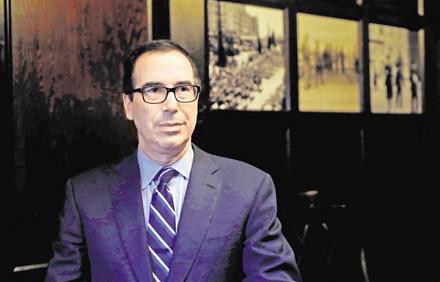
Yale macro economist Stephen Roach draws 3 major conclusions with respect to the Chinese long-run view of the current tech trade conflict with America. Firs
2018-04-17 12:38:00 Tuesday ET
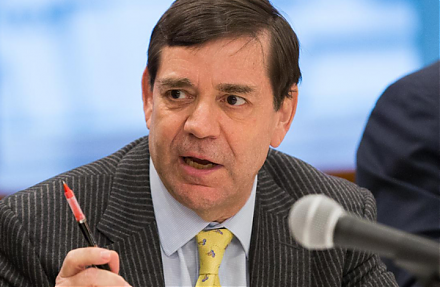
Value investment strategies make investors wiser like water with core fundamental factor analysis. Value investors tend to buy stocks below their intrinsic
2018-05-17 07:41:00 Thursday ET
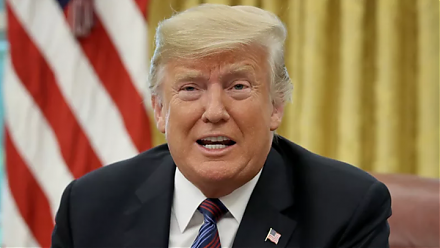
Has America become a democratic free land of crumbling infrastructure, galloping income inequality, bitter political polarization, and dysfunctional governa
2018-12-07 11:35:00 Friday ET
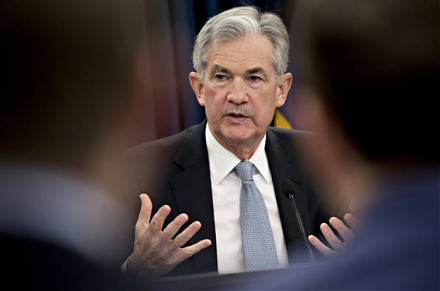
Fed Chair Jerome Powell hints slower interest rate increases because the current rate is just below the neutral threshold. NYSE and NASDAQ share prices rebo
2018-04-26 07:37:00 Thursday ET

Credit supply growth drives business cycle fluctuations and often sows the seeds of their own subsequent destruction. The global financial crisis from 2008
2023-03-21 11:28:00 Tuesday ET
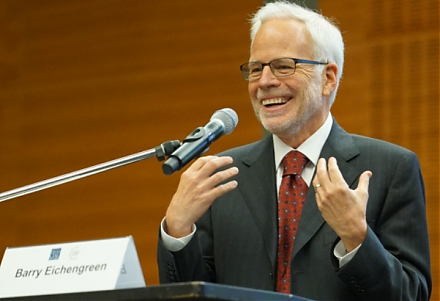
Barry Eichengreen compares the Great Depression of the 1930s and the Great Recession as historical episodes of economic woes. Barry Eichengreen (2016)